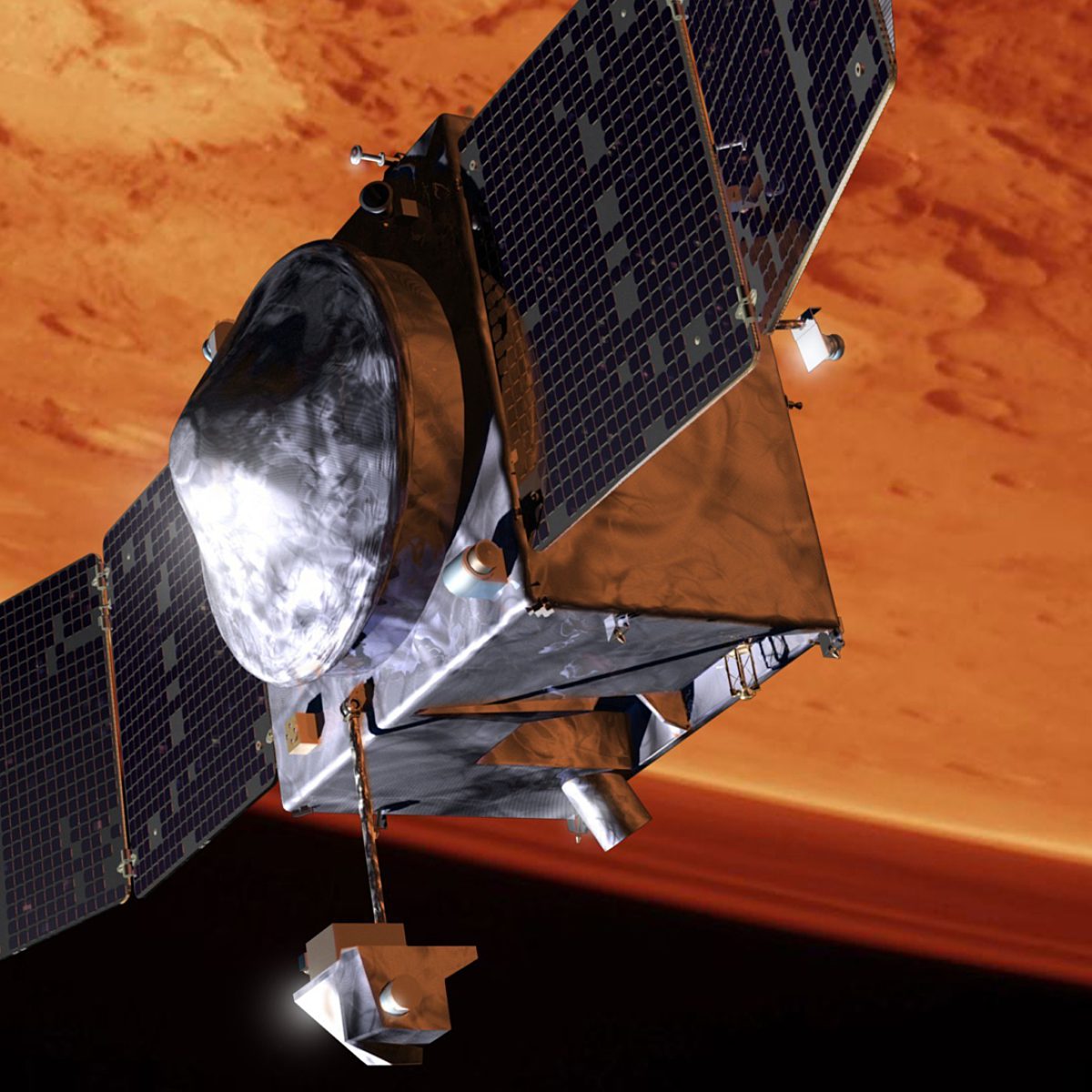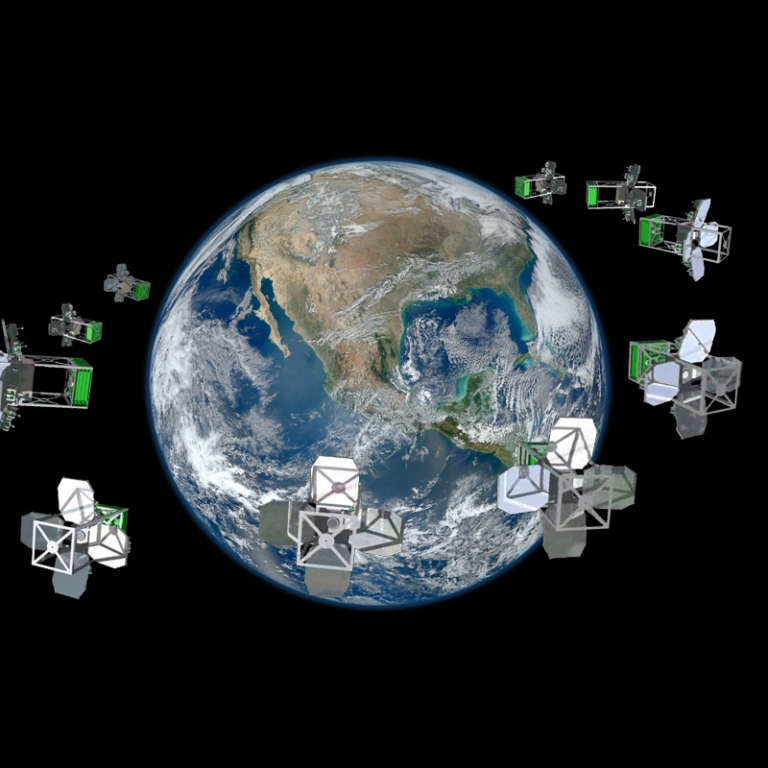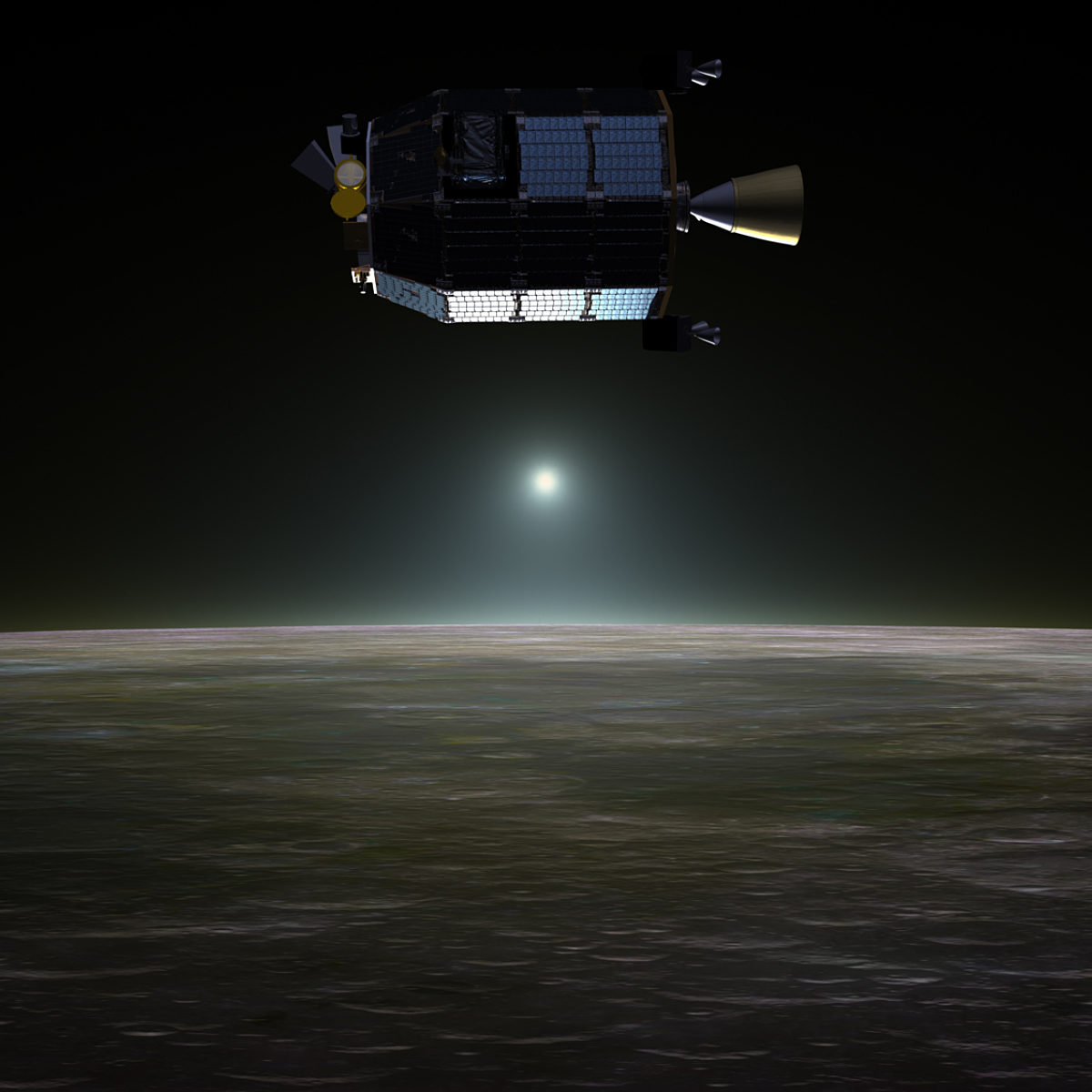All
All
Stories, updates, insights, and original analysis from The Planetary Society.
How to get a satellite to geostationary orbit
Mike Loucks helps provide a beginner's walk-through of the orbital mechanics behind geosynchronous and geostationary satellites.
Planetary Radio: NEOWISE PI Amy Mainzer
NEOWISE has reawakened to discover many more asteroids and comets. The mission leader thanks the amateur astronomers who follow up on these discoveries.
Planetary Radio: Ten Years A Roving: The Mars Exploration Rovers
This week's show looks back over ten years of exploration by Spirit and Opportunity. Writer A.J.S. Rayl recounts the challenges encountered early in the mission, and how an outstanding team triumphed.
Planetary Dirt Sampling Success
We present an update and a video about the successful design, construction, and testing in a vacuum chamber by Honeybee Robotics of a prototype PlanetVac system, a new planetary surface sampling technique, sponsored by The Planetary Society. PlanetVac is a reliable system that effectively vacuums up planetary surface materials.
Why are MAVEN and Mars Orbiter Mission taking such different paths to Mars?
Two spacecraft launched for Mars this month: Mars Orbiter Mission on November 5, and MAVEN on November 18. MAVEN is now on an interplanetary trajectory, while Mars Orbiter Mission is still in Earth orbit and will not depart for Mars until the end of the month. A lot of people are asking me: why the difference? Here's your answer, with input from Dave Doody.
Answers to Frequently Asked Questions about MAVEN's launch and mission
MAVEN is just about to launch! The mission has just released their launch press kit. This post summarizes the press kit's high points, and hopefully answers most of your questions about NASA's next Mars orbiter, scheduled for liftoff Monday at 10:28 PT / 13:28 ET / 18:28 UT.
Planetary Radio: Looking for Intelligence in a Flash
An update on the Planetary Society's improved Optical SETI search, with Harvard's Paul Horowitz and Curtis Mead.
Power From the Isotopes
We report on the current state of Plutonium-238 production in the United States, a crucial fuel source for planetary exploration spacecraft.
The Potential of CubeSats
Planetary spacecraft originally tended to be large missions. However, technology is shrinking, and before the decade is out, I expect that we will have at least one planetary mission based on a CubeSat.
Alpha Centauri Planet Hunt Update
An update from Yale’s Debra Fischer about the Alpha Centauri planet hunt, partially sponsored by The Planetary Society, as well as her team’s efforts to remove “noise” from parent stars to help find exoplanets.
Our Improved Optical Search for ET
The Planetary Society Optical SETI (OSETI) Telescope was successfully upgraded and fully tested, and is now fully operational looking for aliens. Here are some updates on the performance and progress. In summary, the upgraded telescope is performing just as hoped and is scanning the skies.
The "Starship Century" Beckons
The Benford brothers provide inspiration and hard fact in their excellent new anthology about interstellar travel.
Go LADEE!
Listen to or watch the recording of our live celebration for LADEE as the spacecraft blasted off for the moon.
Watch LADEE Launch to the Moon with The Planetary Society
Starting at 7:30pm PDT/10:30pm EDT, we will webcast a special event around the launch of NASA's next lunar spacecraft. Watch our special coverage with lunar scientists and live video from the launch site, as well as NASA TV footage of the launch itself.
Caution: Spacecraft Under Construction
Join Emily Lakdawalla and Mat Kaplan inside JPL's High Bay 1, where two Earth-revealing missions are being readied for launch.
Back to the Future With NIAC Program Exec Jay Falker
This week's Planetary Radio talks with the head of the NASA Innovative Advanced Concepts Program about its mission and 12 newly-funded projects that could change the world.
Dawn Journal: Craving Power
Ion propulsion is not a source of power for Dawn. Rather, the craft needs a great deal of power to operate its ion propulsion system and all other systems. It needs so much that...we crave power!!
Programmable Mars Watch for $50
Time is kept differently on Mars. This is because Mars itself rotates a little slower than Earth. This proves to be a pain when it comes to timekeeping.
PlanetVac Moving Forward
Meet the PlanetVac team and learn their general plan and what they are doing now. PlanetVac is a newly started Planetary Society and Honeybee Robotics project to test a pneumatic system to sample planetary surfaces.
PlanetVac Project Underway
The Planetary Society's PlanetVac project with Honeybee Robotics is now fully underway. Here we provide a just released statement by Honeybee, and an introduction to this lab test of a new planetary surface sampling system.


 Explore Worlds
Explore Worlds Find Life
Find Life Defend Earth
Defend Earth


 Sun
Sun Mercury
Mercury Venus
Venus Earth
Earth Mars
Mars Jupiter
Jupiter Saturn
Saturn Uranus
Uranus Neptune
Neptune Small Bodies
Small Bodies
















